Most of us value our appearance and our health. After all, a pride in one’s appearance helps to show that you’re committed to being your best self. Caring for your health likewise shows you’ll do what it takes to enjoy life.
We adapt different habits, make specific choices, and overall try to reduce the unhealthy aspects of our lives. That’s probably why it disturbs us so much when we come across the idea that modern medicine isn’t doing all it can for us. Now:
Certain conditions have limited treatment options and others are things we simply need to live with while getting only symptomatic relief. There’s no wonder why many people end up turning to alternative therapies to ensure that they get the best help possible. Unfortunately, that’s where problems begin.
Alternative therapies take a variety of forms. There are some you’re probably familiar with though. Energy medicine in particular tends to be popular.
Here’s what we mean by energy medicine:
- Reiki
- Acupuncture
- Qigong
- Therapeutic Touch
Most of us recognize these names. They’re constantly around us, but none of them have much proof. This puts us in an interesting position.
There’s no established method by which these practices can actually help the body, but we know that meditative practices are capable of helping maintain your health and beauty. No one wants to be seen as close-minded or trying to hurt anyone’s feelings, but a skeptical mindset is often seen that way. Remember that proper research before using something for your health is never wrong.
Here’s the deal:
Energy medicine, despite its popularity, often comes paired with another set of treatments too: traditional Chinese medicine. It has just about as much data supporting it as energy medicine. With that in mind, what are you supposed to do?
We’re going to take an in-depth look at these alternative therapies. This will give you an idea of what they are and how they operate. Knowing this will help you make better decision for yourself. You’ll also be able to nudge friends in a helpful way if they’re endangering their health.
Defining Alternative Therapies
The problem with settling on a single definition of alternative therapies is that they’re so diverse and constantly changing. Most of the time what we can work with tends to be broader categories that define the traits of those therapies or a central claim of them to help ground them at least a little. Even among proponents, the exact claims on what specific therapies are good for tends to vary highly.
We’re keeping it simple:
- Energy Medicine
- Traditional Chinese Medicine (TCM)
- Supplements
We’ve all encountered these before in one form or another and taking an honest look at them will help know what we’re dealing with at any given time. Understanding what they all entail tends to be the difficult part though.
One thing they all share in common is a tendency to draw people in with vague seeming ailments and attempting to provide a way to relieve them. Unfortunately, solving a problem that doesn’t really exist and doesn’t help anyone even if your brain thinks it does.
For now, let’s get started:
Healing Energy
Energy medicine is first up to discuss given the sheer popularity of acupuncture. This practice involves sticking needles into the body at “meridian points” to help improve health. The exact terms used by proponents will depend on whether they’re from a New Age school of thought or prefer the Traditional Chinese Medicine approach, but it is always a means of manipulating vital energy.
Here are a few common names:
- Qi/Chi
- Prana
- Mana
- Vital force
Qi is the term traditionally used in Chinese culture to represent the belief in energy that flows through the human body and keeps it healthy. Blockages or disruptions to that flow are, ostensibly, healed with energy medicine and allow the flow to resume and restore health.
Acupuncture used a physical method for this while therapeutic touch can use the same premise and simply involves touching the surface of the skin. They’re both energy medicine though.
There is no evidence to support the existence of Qi or any other vital energy though. The closest we have to this are neuroelectric impulses in our nerves.
But here’s the kicker:
Qi, energy, vital force, or whatever you want to call it is really just the Eastern or New Age equivalent of the humors theory of wellness. Most of us learn about humors in high school or college. The basic idea is that the body has four vital liquids, the humors, that need to be in balance. Unbalanced humors lead to disease and disorder.
Ancient and medieval doctors used leeches or other methods to bleed patients to restore balance to the humors. If your general practitioner offered that today you’d rightly question whether their degree was worth the paper it was printed on. So why do so many people accept a similar idea when it comes to wellness just because it isn’t from a European or modern source?
Ancient Wisdom?
Traditional Chinese Medicine is an incredibly popular idea among the health conscious people of the world. It holds the promise of an option unlinked from the occasional disturbing seeming world of medications of unknown chemicals and offers a return to “natural” approaches. Returning to the roots of health seems like the perfect idea when you’re ill.
The thing is that people take this at its face value. It becomes a logical fallacy colloquially known as the argument from “nature” or “antiquity”. People appeal to it being received wisdom from the ancients without considering a lot of modern things are already based on that knowledge. TCM is a special exception.
But here’s the kicker:
It isn’t.
What most people think of as traditional Chinese medicine dates back to the 1950s as the People’s Republic of China began trying to organize itself. The expansive nature of China meant that attempting to modernize everything and provide everyone with access to medical care wasn’t necessarily possible. Even providing doctors for every region wasn’t possible.
Want to know the best part?
In response, the government compiled a handbook of folk remedies that could potentially be used in the place of modern medicine when it wasn’t an option. This handbook eventually made its way west and became part of countercultures and maintains a popularity to this day. It gets a lot less appealing when you know it is a scattershot of folk practices. There are some questionable modern options too though.
21st Century Updates
Supplements are, in many ways, an incredibly useful thing for many people. Certain health deficits require supplements to correct. Most of us don’t have those though. Unfortunately, there is an entire industry that has built up around convincing us that we all need to be constantly taking supplements.
It gets worse:
All this pushing to take more supplements can hurt your health if you don’t need it. This is because your body is self-regulating and only needs a certain amount of vitamins or nutrients to help keep itself running. An excess of anything can actually hurt your health and that includes most supplements. Extra precaution should be taken when the supplements get more exotic.
Powdered horn. Cartilage. Rare herbs. Metals. All of these can end up within some of the supplement industries stranger suggestions for keeping your health and beauty up. How they market them tends to vary, but the overriding idea is always that modern medicine can’t help you like these supplements can.
Many of them tend to be based on the idea of ancient received wisdom, but are often less than a few decades old. Good marketing does a lot to hide the truth. Lax regulation of the supplement industry tends to cause a lot of problems.
Odd dosing choices as well as potential contaminants are real issues when it comes to supplements. There’s also the question of whether the form of a vitamin they pick is even usable by the human body. This is all part of a familiar pattern.
Alternative therapies as a whole tend to be like this in that they seem harmless on the surface, but can lead to neglect or misinformed choices that ultimately harms you.
The Power of the Mind
We’ve spent a lot of time talking about these alternative therapies and why they’re not viable, but haven’t addressed the reasons they seem to work for some people. The answer is simple. Many of us have heard of things like sugar pills or blind clinical trials. That is the key to what’s happening.
Your brain can trick itself into feeling better thanks to the placebo effect. What is really happening is that your brain is actually outsmarting itself by taking a shortcut based entirely on your own expectations.
You might be wondering:
“How could I outsmart myself?”
By thinking something will work you end up making it seem to work. All those stories about the effectiveness of alternative therapies that circulate go a long way towards creating a false positive. In essence, the way the brain works is that a lot of your experiences end up defined by expectations.
This is why expecting something to hurt tends to make it hurt worse. Similarly, if you expect something to help, your body will respond as if the treatment is helping. The effect is limited, but is capable of a number of things:
- Pain Relief
- Muscle Relaxation
- Altered States of Consciousness
It gets better too:
Some researchers have even managed to get people “drunk” on non-alcoholic drinks by telling them that the drinks were actually alcoholic. The placebo effect is a strangely powerful and subtle way in which the mind works.
What’s this got to do with alternative therapies though?
Clinical trials for various drugs require that they demonstrate medical efficacy. This involves tracking whether they do what the researchers claim as well as how well they do in relation to background “noise”. The noise that is being tracked most of the time includes the placebo effect. Drugs that do not perform better than the placebo effect are doomed to fail clinical trials.
Researchers frequently avoid looking into alternative therapies to help protect their reputations. That makes clear data harder to come by than it should, but there have still been plenty of studies on the topic. What these studies revealed doesn’t help alternative therapies.
The therapeutic benefits are indistinguishable from the placebo effect. Those benefits you get from them are literally all in your head. It doesn’t necessarily make them harmful, but it is a clear warning that you can’t rely on alternative therapies instead of science-based medicine.
Making The Most of Things
Alternative therapies may fall short of our needs for health and beauty, but there’s plenty of things that we know actually work. There are a few things you can definitely do to help improve your health and beauty:
- Eat Right
- Get Enough Sleep
- Exercise
Eating a healthy diet is particularly important as it provides your body with the nutrients it needs to keep everything in good repair. A balanced diet actually improves the overall appearance of your skin by ensuring it can repair itself and maintain a healthy natural glow.
It gets better:
Exercise can do even more for your body by ensuring the nutrients you’re eating get distributed properly. The exercise will also enhance blood flow so as to further improve your natural glow. This in turn keep your skin healthier and more resilient while making it easier to sleep.
A good night’s sleep in turn gives you the energy you need to get through the day. That same sleep allows your body time to repair itself properly to keep you looking and feeling your best. Never let anyone tell you that beauty sleep isn’t actually real. These simple steps let you care for yourself without gimmicks.
We need to stress that there’s nothing saying you can enjoy things like acupuncture as a method of achieving a meditative or relaxed state. It just isn’t going to help your health and beauty in any other way. Keeping this in mind and genuinely researching options for cultivating our health and beauty is what will keep us looking and feeling our best throughout our lives.

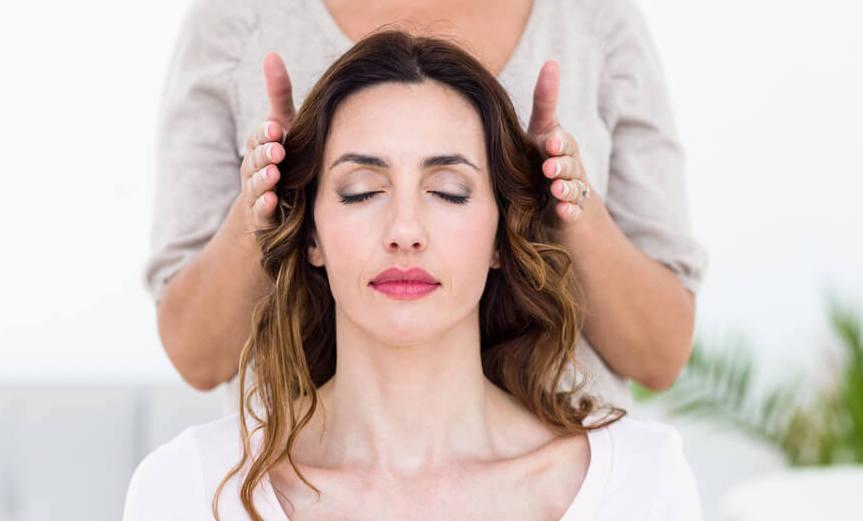
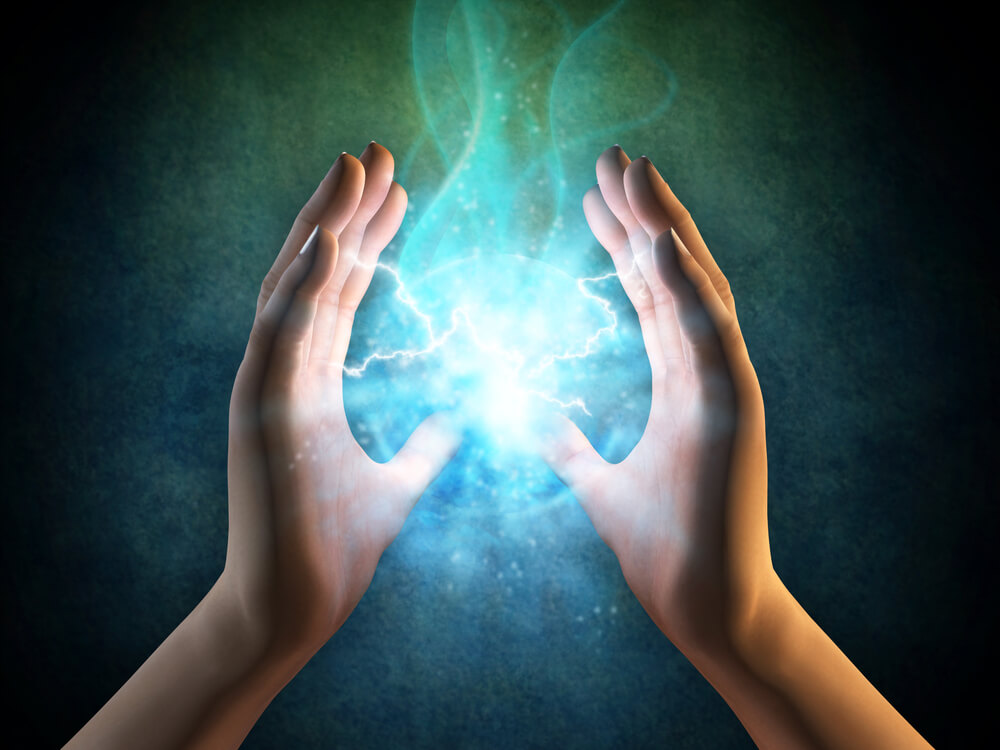
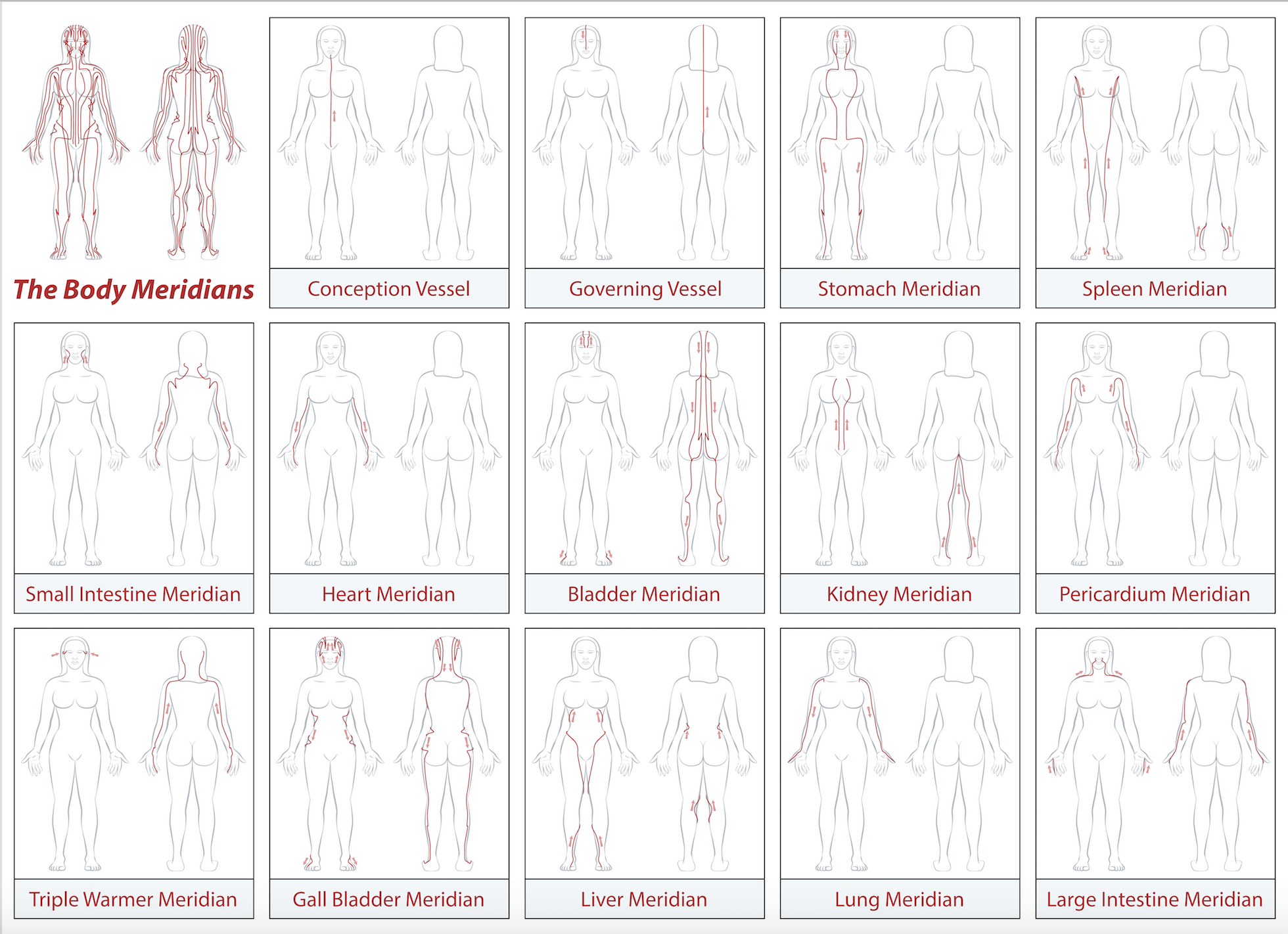
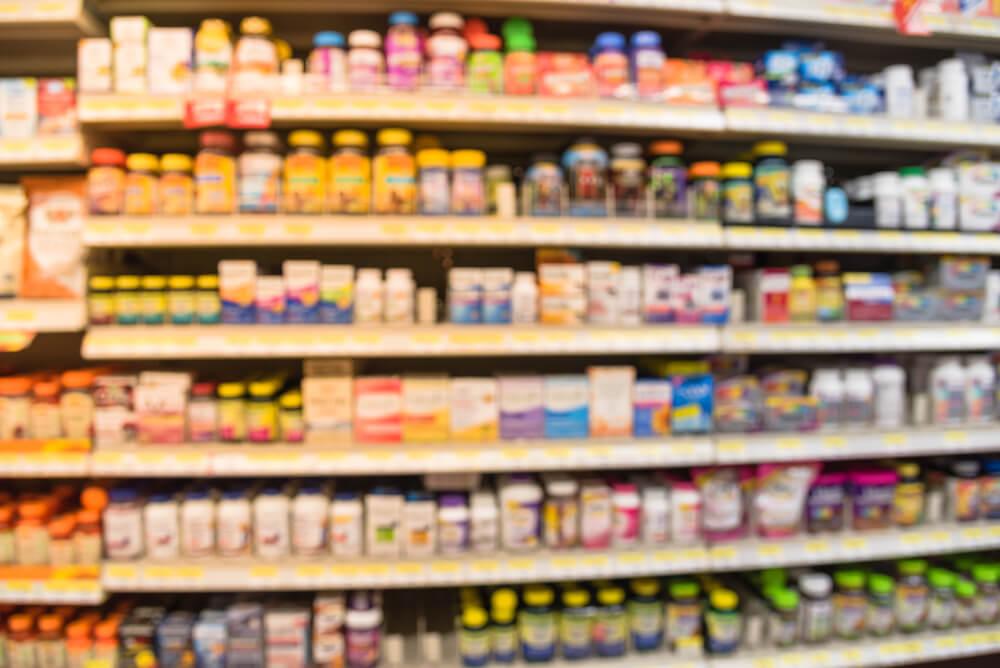
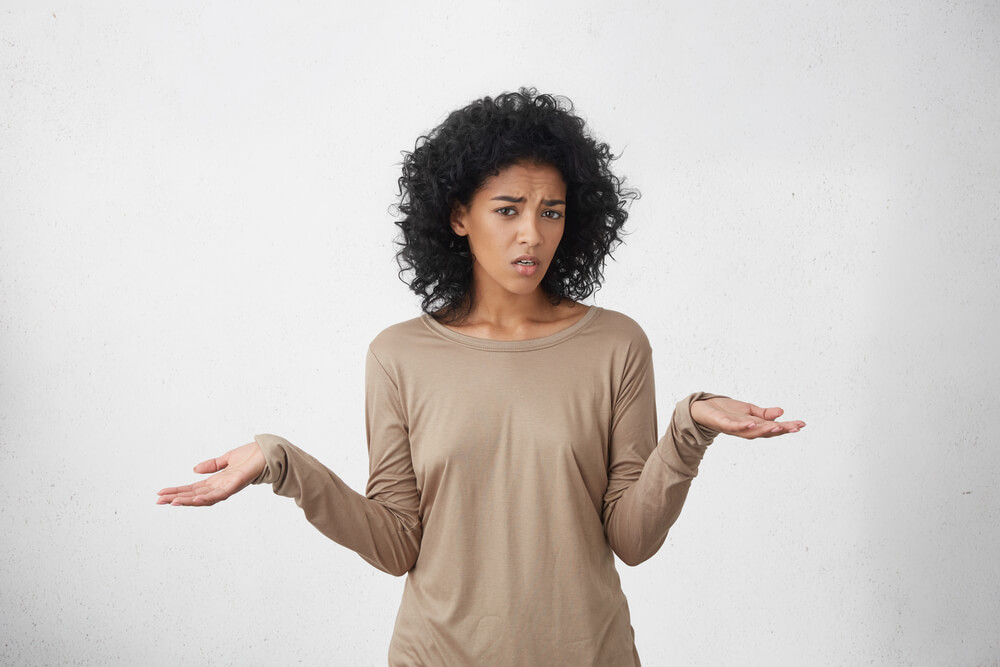
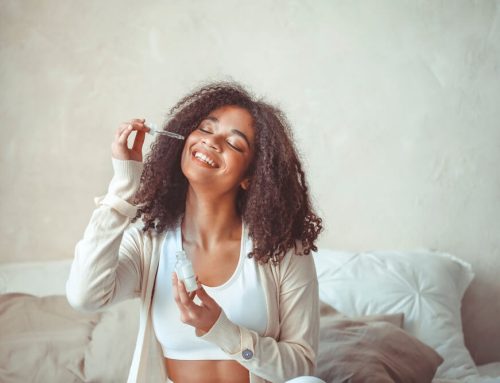

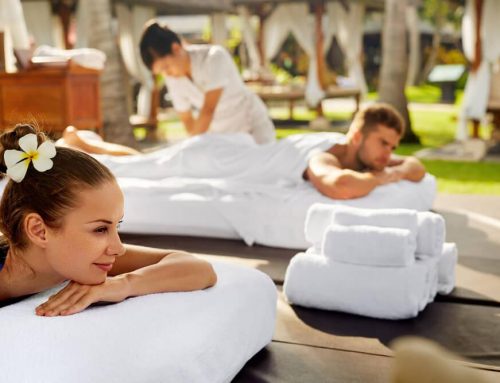
Leave A Comment